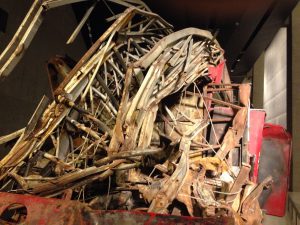The Internet is a rich, vital, and important vein of information on healthcare, clinical medicine, and sharing. It sometimes takes trial and error to find the right information. Let’s see if we can remedy that.

Today we discuss ways to become an internet savvy patient with Diana Frame owner and founder of Frame Research which provides rigorous summaries of medical evidence to health care decision makers. Diana shares her practical and smart academic search process with Carolyn and I. We had her promised to return and teach us how to bring what we’ve found to our HCP. So keep an eye open for Part II.
Below are links that Diana identified as key sites for patients and caregivers.
Please let us know if this was informative and what else you would like us to discuss.
Finally, take a look at the Pubmed search interface that Diana created for the iPhone/iPad called pubsavvy. It makes your Pubmed searches sing. You can download it here.
Mayo Clinic
MedlinePlus (It also has a Spanish language version)
Centers for Disease Control (especially good for infectious disease updates and various US health statistics)
Cleveland Clinic (has an online chat feature)
Google and Google Scholar can be very useful, as we discussed, particularly if you use specific search terms and refine them as you go. Try the “medical term” diagnosis rather than symptoms, and the generic name of drugs rather than brand names, for more rigorous results. (Do the opposite if you are looking for more basic patient care info, or descriptions of patient experiences). Your local public library can also be a good starting point.
Disease-specific organizations are good places for more targeted info, and some .orgs can help you find a community of people with similar health issues (the social learning piece we talk about), which is usually lacking at the .gov sites. For example – NCI is pretty comprehensive, but without the social aspect that one may find at American Cancer Society who has a list of ACA online communities.
Patients Like Me is a good one, not specific to cancer.
More in-depth evidence based medicine sites – these may require some familiarity with medical jargon:
PubMed is the big one
AHRQ Evidence reports
National Guidelines Clearinghouse – website is a little clunky to search, but if you do find a relevant hit on this it is usually a fairly comprehensive summary from a reputable organization
Cochrane Library – only summaries are available for free (and they are a little dry, even for academic medicine), but again these are reviews assembled with a rigorous methodology
Clinicaltrials.gov – a good place to look for ongoing studies, for those with an understanding of their or a loved one’s specific diagnosis. Also can be helpful to find clinical experts in your area, even if trials are not appropriate.









